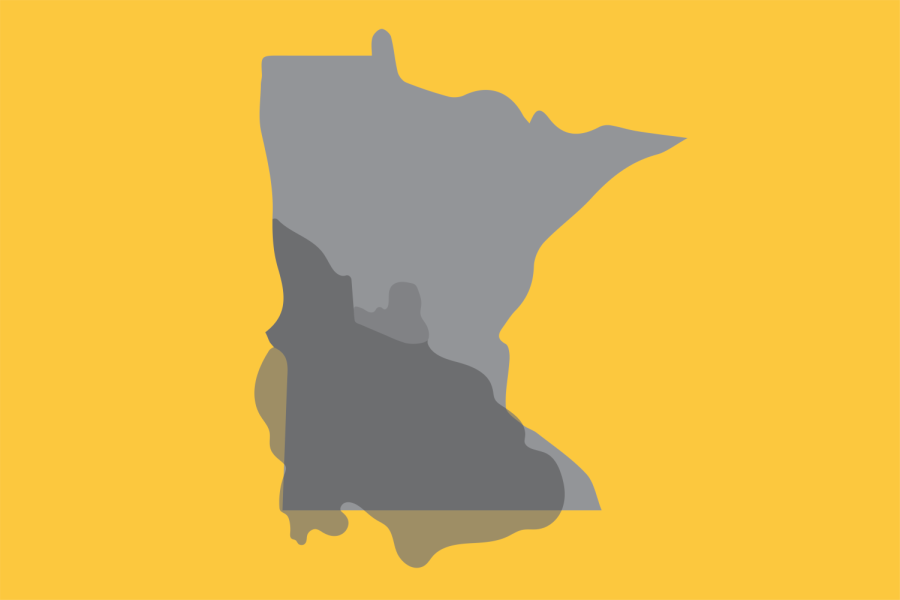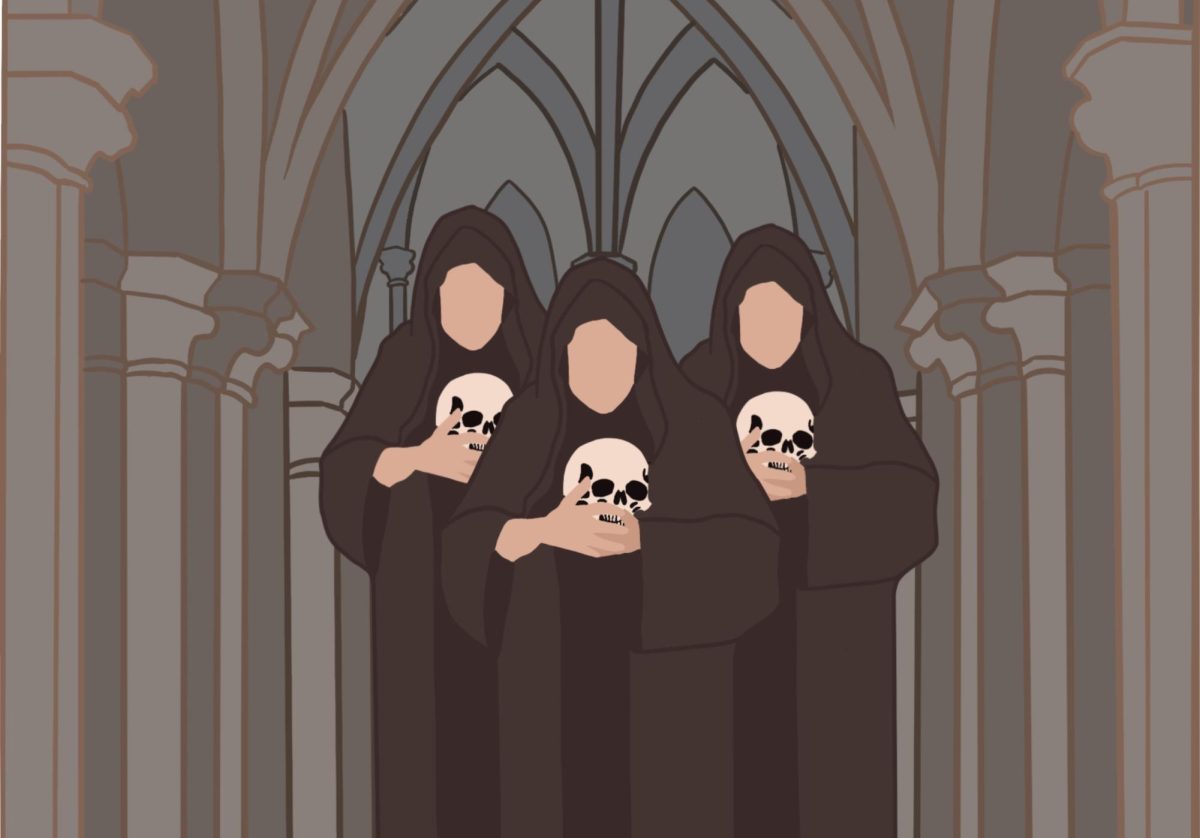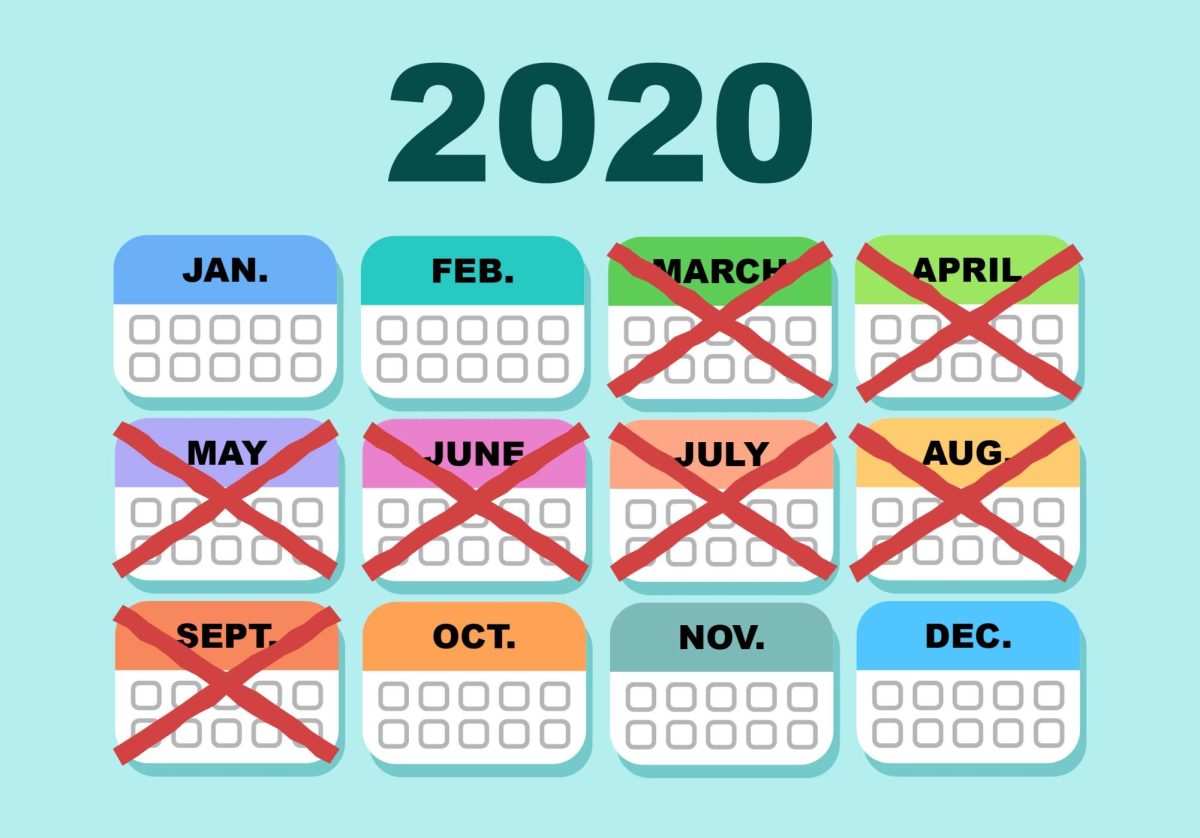The Towards Recognition and University-Tribal Healing (TRUTH) project published a 500-page report in April that catalogs the University of Minnesota’s history of violence toward the state’s Native people.
According to the executive summary, the report “highlights the ongoing struggle for recognition of Indigenous rights and sovereignty, focusing on persistent, systemic mistreatment of Indigenous peoples by the University of Minnesota,” to include genocide, land expropriation and exploitation of Indigenous knowledge to accumulate wealth.
The report concludes with a list of recommendations for University leadership and the Board of Regents to take concrete steps that would materially improve the lives of Indigenous people.
Later, the Department of American Indian Studies (AIS) published an explicit set of demands that could set these recommendations into motion.
News of its publishing made national headlines, becoming the first time a major American university’s history with Native people was critically examined.
The University issued the following response:
“First and foremost, we recognize that the countless hours of work reflected in this report and the truth-telling that will benefit us all going forward is built upon the time, effort and emotional labor of every individual involved. We want to reiterate our appreciation for each of you.
“In recent years, the University has committed to acknowledging the past and doing the necessary work to begin rebuilding and strengthening relationships with tribal nations and Native people. Openly receiving this report is another step toward honoring that commitment. While documenting the past, the TRUTH report also provides guidance as to how the University can solidify lasting relationships with tribes and Indigenous peoples built on respect, open communication and action. As we engage in the important discussions that will now follow, that guidance will be invaluable.”
Nearly four months later, those discussions have yet to occur.
“There’s been no conversations with the Red Lake Nation since the report has come out,” said Audrianna Goodwin, a core researcher for the TRUTH project and the Tribal Research Fellow for Red Lake. “We really haven’t been in communication with the University of Minnesota for well over a year.”
“There’s been no official communication with my nation, Bois Forte, or with the Minnesota Indian Affairs Council that I know of,” An Garagiola said.
Garagiola is the University Coordinator for the project and is one of the lead researchers who investigated archival materials to uncover how the founding regents transferred wealth from Indigenous peoples to the institution.
The same institution that extorted Native wealth essentially refused to fund the research that would help make things right. The University provided a small honorarium to establish the faculty task force and covered a semester of research assistantships through the Office of Equity and Inclusion.
Administrators, however, showed very little support. The team requested funding from other outside sources who expressed interest in the project, but they were unable to invest in structural change for an institution that was unwilling to invest in itself.
The project was ultimately hosted through Minnesota Transform, a higher education initiative funded by the Andrew W. Mellon Foundation that focuses on anti-colonial and racial justice work.
“We don’t want accolades. The statement from the Regents is very corporate, it acknowledges the work that a few people did, but it doesn’t apologize for the harm that’s been done against our people for centuries,” Garagiola said. “It’s still a centering of the institution and keeps the institution safe from a legal aspect. But none of this stuff is alleged. These are all facts that [the University] keeps in their basement.”
Garagiola knows several slow-growing initiatives are evolving, such as free tuition granted at the state level or the hiring of Indigenous tenure-track faculty members, which was also asked for in the report.
Still, a lack of transparency and accountability to Indigenous leadership precludes any of the incremental progress being made.
“I understand that the Regents may be holding their meetings and discussing where to go from here, but if the tribes aren’t at the table, they’re just reproducing that same harm,” Garagiola said.
At the heart of their frustration is a deeply held desire for repair. The origins of the generational trauma and grief that Indigenous people continue to experience are threaded throughout the report in excruciating detail and are exacerbated by institutional silence.
“We still see the impacts of this in real-time in our community,” Goodwin said. “The overdoses, the suicides, children being taken away. People don’t have healthcare. They don’t have access to educational systems. To even make it [as an Indigenous student] to the University of Minnesota is a huge feat against all statistical odds.”
As non-native members of the University and beneficiaries of these atrocities, we are absolutely required to answer for the histories we inherit. Though we did not create these conditions our inaction will preserve their harm.
“It took seven generations to get to this point,” Garagiola said. “We’re not under the illusion that it’s going to happen overnight. But it’s going to take everybody — native and non-native — to work together and begin to heal.”
The TRUTH report generously, perhaps undeservedly, opens the door for non-native people to properly engage with their struggle. The least we can do is walk through.
“We still hold very tightly to each other and those values that Anishnaabe and Dakota people have of love, humility, kindness, respect, wisdom, courage and bravery,” Goodwin said. “But we are stronger together. And it’s really important that all people in these systems reckon with this truth and that we come together to address it.”
Contact the Board of Regents and stay engaged with this research until its demands are met.














